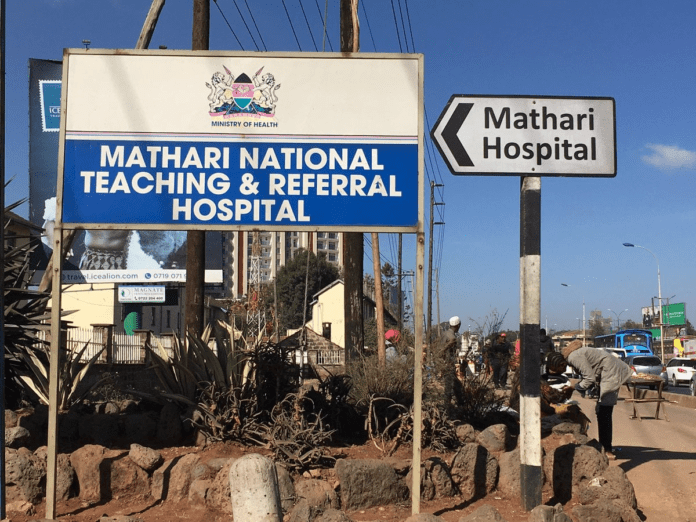Dozens of patients admitted to Mathari National Teaching and Referral Hospital through court orders remain confined for years, even after recovering, due to legal obstacles, the hospital’s CEO, Julius Ogato, has revealed.
Speaking before the National Assembly on Tuesday, Ogato disclosed that some recovered patients have been held at the facility for over 20 years because of bureaucratic delays in obtaining legal clearance for their release. He urged lawmakers to craft legislation that would resolve the issue.
“We have patients who are stable and fit for release, but because they were committed through court orders, we cannot discharge them without legal authorization. Unfortunately, the process is slow due to inefficiencies in the system,” Ogato told the National Assembly’s Departmental Committee on Health.
The delays are linked to shortcomings in the Mental Health Act, Cap 24, which requires court directives for the release of patients admitted through legal orders. However, sluggish judicial procedures, misplaced records, and a lack of follow-ups have left many patients confined indefinitely.
Beyond legal constraints, social stigma and family reluctance to accept recovered individuals further complicate their reintegration into society.

“The law mandates a court ruling for release, but the judicial process is slow, and in many cases, there is no follow-up after admission,” Ogato explained.
Mathari Hospital, the country’s main referral facility for psychiatric cases, is facing increased pressure due to its limited bed capacity. The prolonged confinement of recovered patients has left many new patients in urgent need of care without access to available space.
“Every bed occupied by a recovered patient is a bed denied to someone who genuinely needs treatment. We must find a balance between upholding patients’ rights and ensuring the hospital can serve those in need,” Ogato emphasized.
Endebess MP Robert Pukose, who chairs the National Assembly’s Health Committee, called for urgent legal reforms to prevent the unnecessary detention of recovered patients. He criticized inefficiencies in the judicial system and the absence of a structured mechanism for reviewing such cases.
“It is unacceptable for a recovered person to remain confined due to administrative hurdles. The government must guarantee fair treatment and reintegration for these individuals,” Pukose stated.
To address the issue, he proposed establishing a special tribunal or a dedicated mechanism within the Judiciary to expedite mental health discharge cases.
“The current system is unfair to patients and places an unnecessary burden on the healthcare system. We cannot wait years to process a simple release order,” he added.







